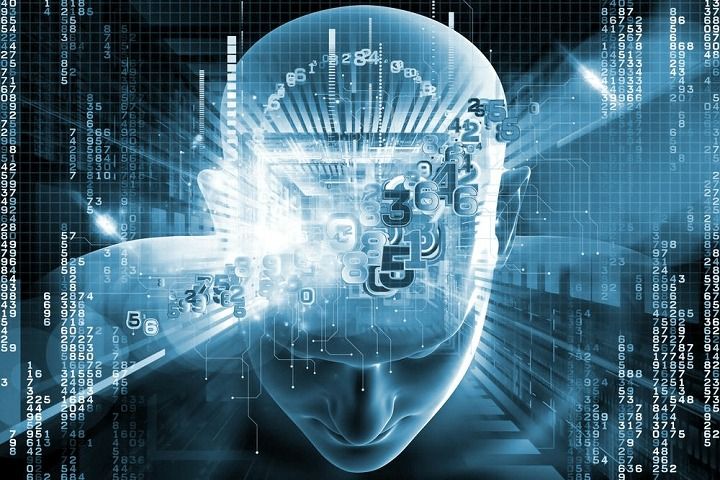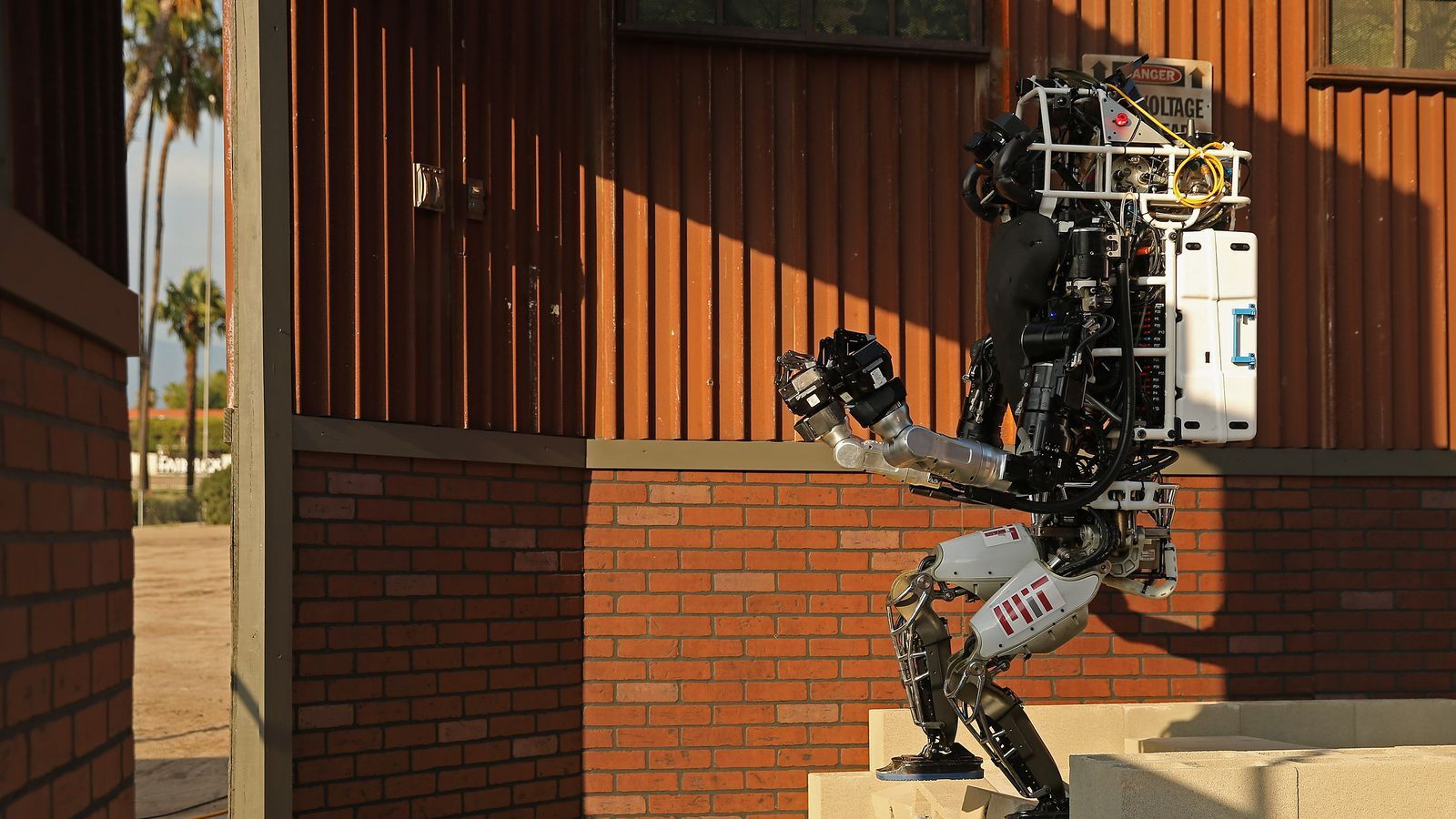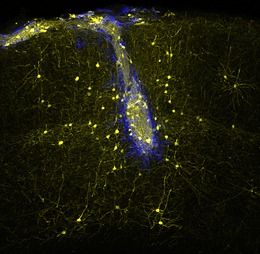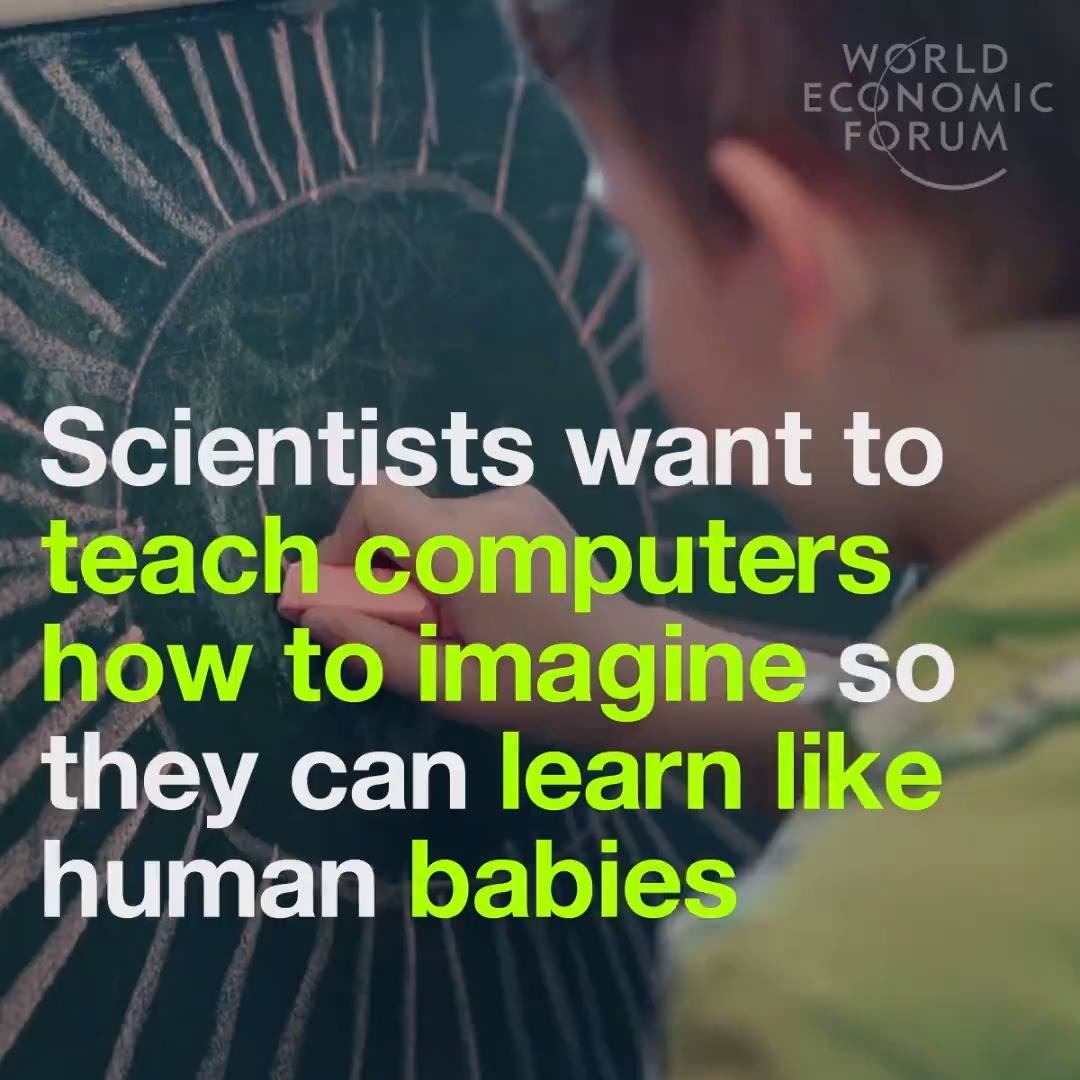
Fortifying cybersecurity is on everyone’s mind after the massive DDoS attack from last week. However, it’s not an easy task as the number of hackers evolves the same as security. What if your machine can learn how to protect itself from prying eyes? Researchers from Google Brain, Google’s deep Learning project, has shown that neural networks can learn to create their own form of encryption.
According to a research paper, Martín Abadi and David Andersen assigned Google’s AI to work out how to use a simple encryption technique. Using machine learning, those machines could easily create their own form of encrypted message, though they didn’t learn specific cryptographic algorithms. Albeit, compared to the current human-designed system, that was pretty basic, but an interesting step for neural networks.
To find out whether artificial intelligence could learn to encrypt on its own or not, the Google Brain team built an encryption game with its three different entities: Alice, Bob and Eve, powered by deep learning neural networks. Alice’s task was to send an encrypted message to Bob, Bob’s task was to decode that message, and Eve’s job was to figure out how to eavesdrop and decode the message Alice sent herself.
Continue reading “Google’s neural networks created their own encryption method” »


 Lookalike modeling is a key component of lead generation, and for motorcycle brand Harley-Davidson, the tactic now goes hand in hand with artificial intelligence (AI). In March 2016, the company began working with machine learning technology provider Adgorithms to grow its ecommerce reach and hasn’t looked back since. Asaf Jacobi, president of Harley-Davidson’s New York City division, spoke with eMarketer’s Maria Minsker about the brand’s experience with AI and discussed the results he has seen so far.
Lookalike modeling is a key component of lead generation, and for motorcycle brand Harley-Davidson, the tactic now goes hand in hand with artificial intelligence (AI). In March 2016, the company began working with machine learning technology provider Adgorithms to grow its ecommerce reach and hasn’t looked back since. Asaf Jacobi, president of Harley-Davidson’s New York City division, spoke with eMarketer’s Maria Minsker about the brand’s experience with AI and discussed the results he has seen so far.















